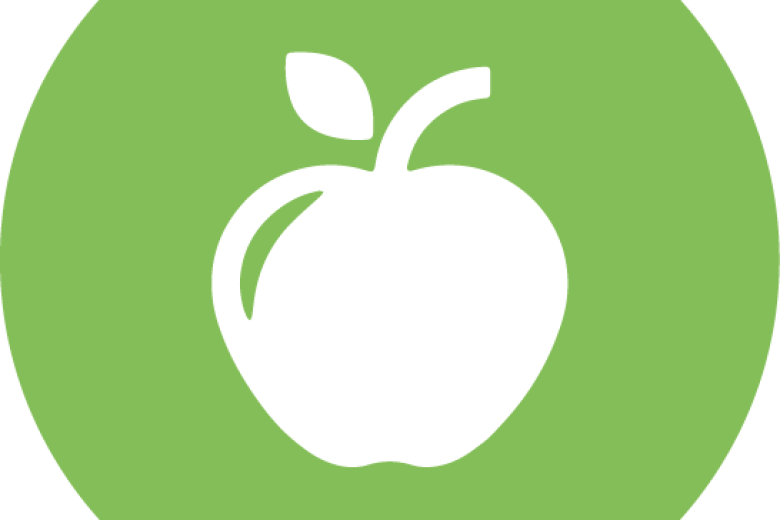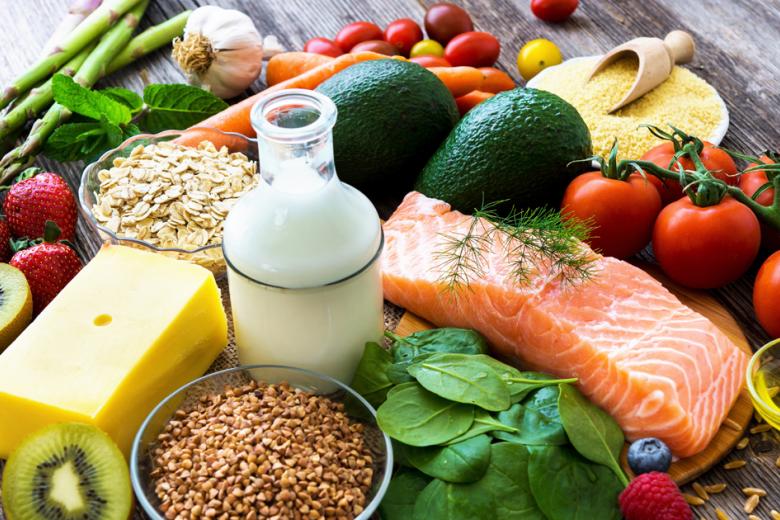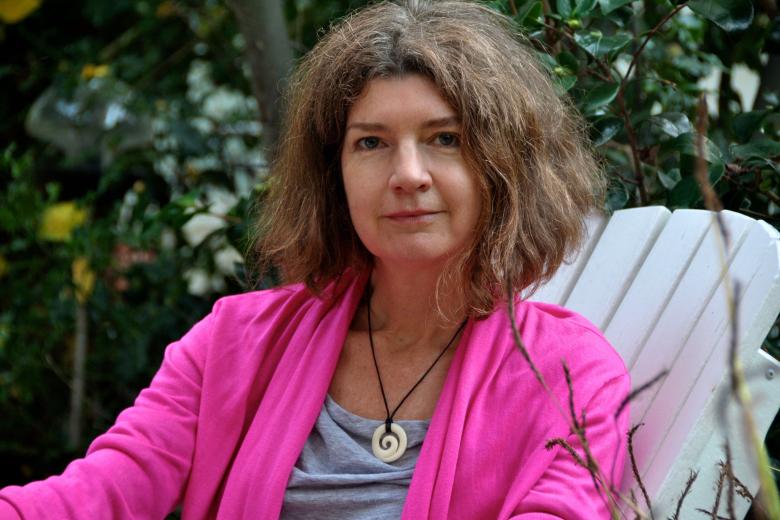9.6 million Euros boost to transition to a circular economy
The new international research and demonstration project SYSCHEMIQ is receiving a €9.6 million financial boost from the European Union’s Horizon Green Deal program. The program is intended to facilitate the systemic transition to a circular economy in the region. SYSCHEMIQ is the first concrete project within the Chemelot Circular Hub program and encompasses the Limburg region’s objective to become Europe’s first circular hub. Brightlands Chemelot Campus in Sittard-Geleen is leading the project and, together with SABIC, TNO, and Maastricht University, forms the core group of the SYSCHEMIQ consortium
The focus is on collecting, sorting, and recycling used plastic but also on designing plastic materials that can help improve recycling. In addition to the technical aspects of this transition, the interests of citizens and local and regional authorities and knowledge institutes (higher education and university programs) are also explicitly addressed.
Education
A total of 20 partners from industry, business, knowledge institutes, educational institutions, and government in the Netherlands, Belgium, and Germany are participating. Other European regions are eager to learn from the knowledge gained. The new project will start this year and continue through 2025. The goal is to reduce the use of oil and gas and start applying used plastic as a new raw material. The project team is compiling, developing and testing a blueprint of what a larger, cross-border region needs to make strides in raw materials and the energy transition, and ways to collaborate.
SYSCHEMIQ brings together parties in this new circular value chain and identifies where opportunities lie, where obstacles need to be overcome, and how the partners can better coordinate their activities.
Testing
The project connects the participants’ data, knowledge and skills, so it’s explicitly not just the technological innovations that are tested. The partners also develop, test and monitor the collection, sorting, and recycling of plastic, innovative governance models and legislation and regulations across borders. One of the areas of focus for SYSCHEMIQ is quality requirements to determine the value of the waste with more certainty. It has proven very difficult to recycle mixed plastic waste properly enough to convert it to usable new or raw materials. Within the project, a few pilots will be launched to find a smarter way to collect and sort waste. The importance of waste separation is also the subject of behavioral research. If local and regional governments make more of a systematic effort to improve plastic sorting and recycling, it will be more attractive for industry to invest in more large-scale recycling.
Objective
SYSCHEMIQ is designed to contribute to an increase in the recycling and reuse of plastic in new products. And this is necessary: currently, only 42% of the plastic packaging that ends up in European households is collected for recycling. The rest is disposed of in landfills or incinerated. The European Union (EU) has set a goal that in three years, half of all consumer plastics must be collected for recycling, and by 2030, this target figure must increase to 55%. Plastic recycling also makes a substantial contribution to reducing greenhouse gas emissions throughout the value chain.
Also read
-
How sustainable and healthy is the new all-vegetable food line?
Under the name "Terra," Albert Heijn has introduced a 100 percent plant-based product line, with some two hundred different food items ranging from beverages to spreads and meat substitutes. How sustainable and healthy are these products?
-
A better understanding of taste and mouthfeel
A better understanding of taste and mouthfeel
-
Man is not at the top of evolution
Man is not at the top of evolution says Jose Joordens